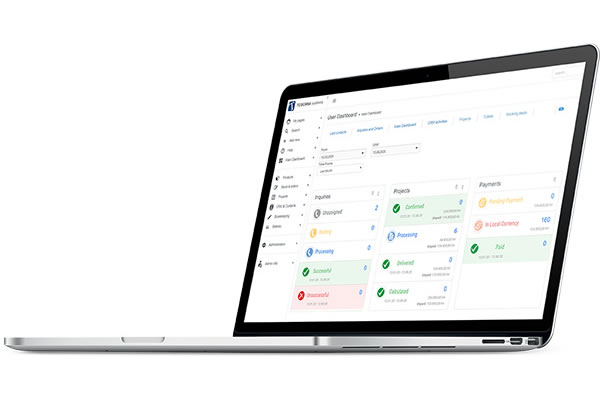Facility Management is the practice of ensuring that an organization’s physical assets and infrastructure are functioning effectively and efficiently. It encompasses a range of activities, including building maintenance, cleaning, security, and energy management. In today’s complex and rapidly changing business environment, facility management has become even more important. Here’s why.
1. Optimizing Building Operations
One of the primary functions of facility management is to optimize building operations. This involves ensuring that building systems, such as HVAC, lighting, and security, are functioning efficiently and effectively. By optimizing these systems, facility managers can reduce energy consumption, minimize downtime, and improve occupant comfort. For example, optimizing HVAC systems can reduce energy consumption by up to 30%, resulting in significant cost savings. Similarly, implementing an effective maintenance program can reduce equipment downtime,
minimizing repair costs and extending the life of the equipment.
Facility managers use a range of tools and technologies to optimize building operations. Building automation systems (BAS) are one such tool that is becoming increasingly common in modern buildings. BAS enables facility managers to monitor and control building systems remotely, identify and resolve issues quickly, and automate routine tasks such as scheduling maintenance. Another technology that is gaining traction in facility management is predictive maintenance. This technology uses sensors and data analytics to identify potential equipment failures before they occur, enabling facility managers to address issues proactively and avoid costly downtime.
2. Reducing Costs
Cost reduction is another key benefit of effective facility management. By optimizing building systems, reducing energy consumption, and implementing efficient maintenance practices, facility managers can achieve significant cost savings for their organizations. For example, optimizing HVAC systems can reduce energy consumption by up to 30%, resulting in significant cost savings. Similarly, implementing an effective maintenance program can reduce equipment downtime, minimizing repair costs and extending the life of equipment.
3. Enhancing the Occupant Experience
Facility management plays a critical role in creating a positive and productive environment for employees and visitors. By ensuring that building systems are functioning properly, providing a comfortable and safe environment, and responding quickly to maintenance issues, facility managers can enhance the occupant experience and promote productivity and well-being. The coming of COVID-19 pandemic heightened the importance of facility management in creating a safe and healthy environment for employees and visitors. Facility managers are implementing measures such as air quality monitoring, touchless systems, and enhanced cleaning protocols to minimize the risk of infection and promote occupant safety.
4. Promoting Environmental Responsibility
Facility management also has a critical role to play in promoting environmental responsibility. With the growing focus on sustainability, organizations are looking for ways to reduce their environmental footprint and minimize their impact on the planet. Facility managers can contribute to this effort by implementing sustainable building practices, such as energy-efficient lighting, HVAC systems, and water conservation measures. They can also use data analytics to track energy consumption and identify opportunities for improvement.
Conclusion
In conclusion, facility management is a critical function in today’s complex and rapidly changing business environment. By optimizing building operations, reducing costs, enhancing the occupant experience, and promoting environmental responsibility, facility managers can help organizations achieve their goals and thrive in a competitive landscape.
To achieve these outcomes, facility managers need to stay up to date with the latest technologies, trends, and best practices in facility management. They must also work closely with other departments and stakeholders within the organization to align facility management strategies with broader business objectives.
Overall, facility management is a key enabler of business success in today’s environment. Organizations that invest in facility management and prioritize its importance can benefit from improved operations, cost savings, and a better overall workplace experience for their employees and visitors.




